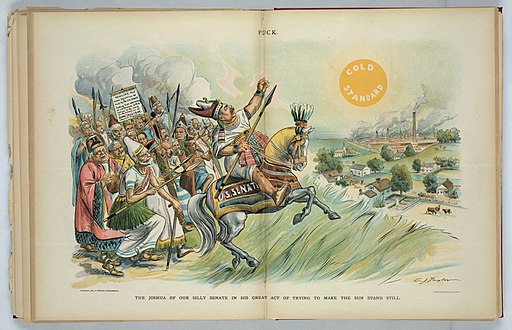
“I Stand By My Tweet,” Erick Erickson thunders, trying to seize some moral high ground from the bully pulpit of his SubStack presence, “Confessions of a Political Junkie.” “While leftwing progressives accuse Trump, Trump supporters, Tucker Carlson, and anyone they dislike of authoritarianism, fascism, totalitarianism, and a host of other -isms, it is quintessential totalitarianism to silence and disappear the views of those unacceptable to the rulers.”
The anti-Trump-before-he-was-pro-Trump “evangelical conservative” blogger and talking head finds himself suspended from Twitter for violating the platform’s “rules against hateful conduct.” Namely, insisting that transgender athlete Laurel Hubbard “is a man even if Twitter doesn’t like it.”
Unfortunately, for Erickson, the moral high ground he’s trying to hold is too small to stand on, let alone build a sturdy fighting position on. If it exists at all, it’s the size of a postage stamp.
The problem isn’t that his imperious ruling on the matter of Laurel Hubbard’s gender — and, in the Substack post, Caitlyn Jenner’s and Elliot Page’s — is kind of dumb, especially when he resorts to appointing himself God’s spokesperson on the matter. He’s not really in charge of anything or empowered to impose his will on anyone, and he’s entitled to his opinion.
The problem is that he thinks he’s entitled to someone else’s microphone to announce his rulings on such issues (he isn’t), and that denying him that microphone somehow “silences” and “disappears” him (it doesn’t).
In this day and age, in America, there’s simply no way to “silence” or “disappear” speech. If Twitter doesn’t want to host Erickson’s opinions, he’s still got a raft of social media platforms available to him, not to mention his blog, his radio and podcast presences, and “conservative” media aching to breathlessly cover situations like his.
The postage stamp of moral high ground Erickson enjoys is this:
Twitter, and most other social media platforms, are built in such a way that “rules against hateful conduct” are not only unnecessary but constitute exceedingly poor user service.
Anyone who doesn’t want to hear what Erick Erickson has to say on social media has easy access to some form of “block” or “ignore” button.
Social media platforms which emphasized offering users a broad array of engagement choices instead of wrestling their (or the political class’s) opinion straitjackets onto everyone would respond to content complaints with tutorials on how to use those buttons instead of with suspensions and bans.
Ignorance, not regulation, makes a ceasefire in the social media wars possible. Don’t want to read it? Ignore it!
We’ll always have would-be dictators demanding that this or that bad actor be banned. The platforms which ignore such demands will send the more compliant ones the way of MySpace.
Thomas L. Knapp (Twitter: @thomaslknapp) is director and senior news analyst at the William Lloyd Garrison Center for Libertarian Advocacy Journalism (thegarrisoncenter.org). He lives and works in north central Florida.
PUBLICATION HISTORY


